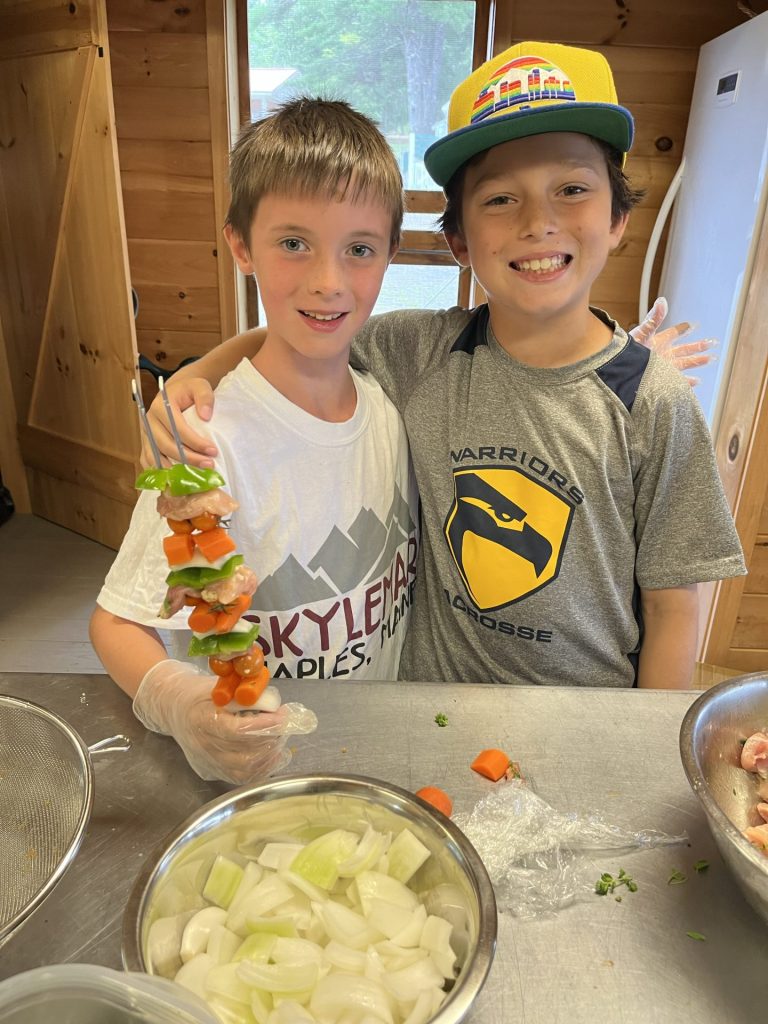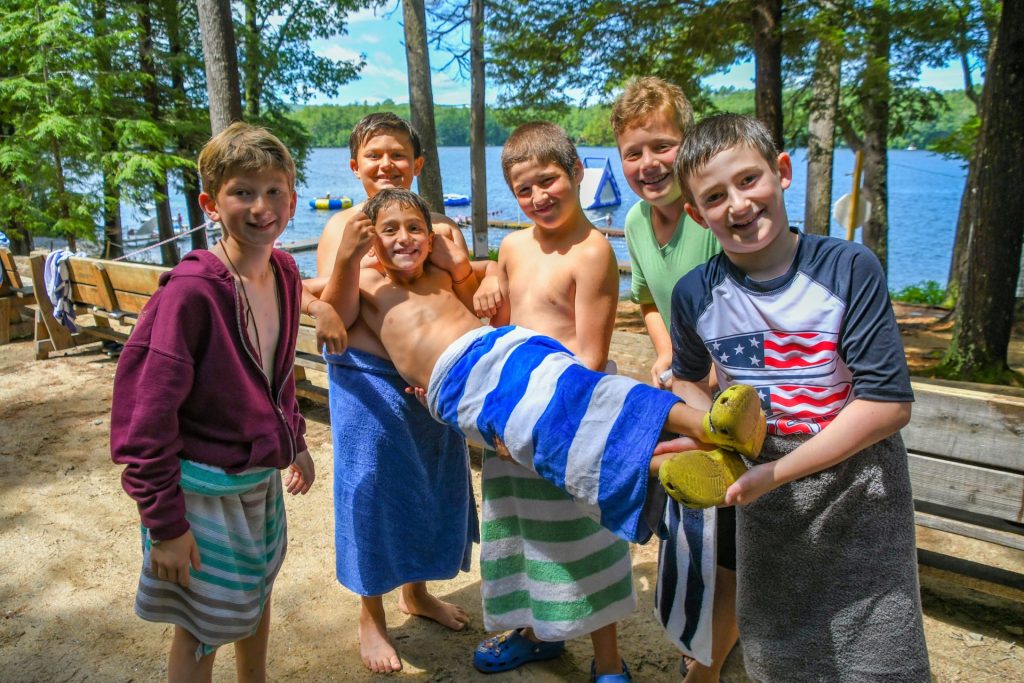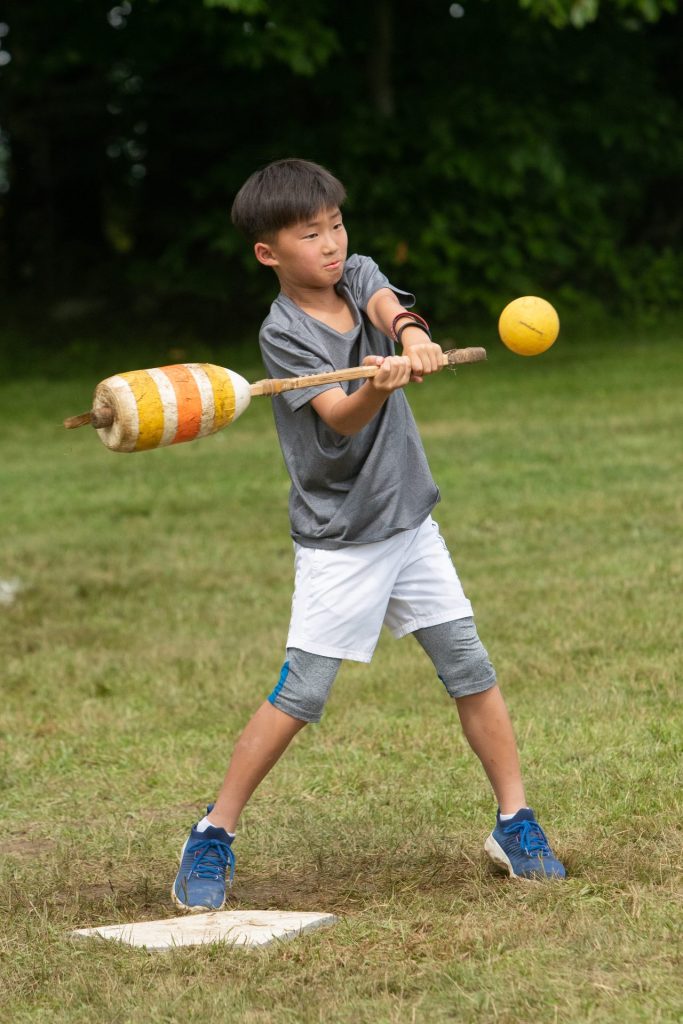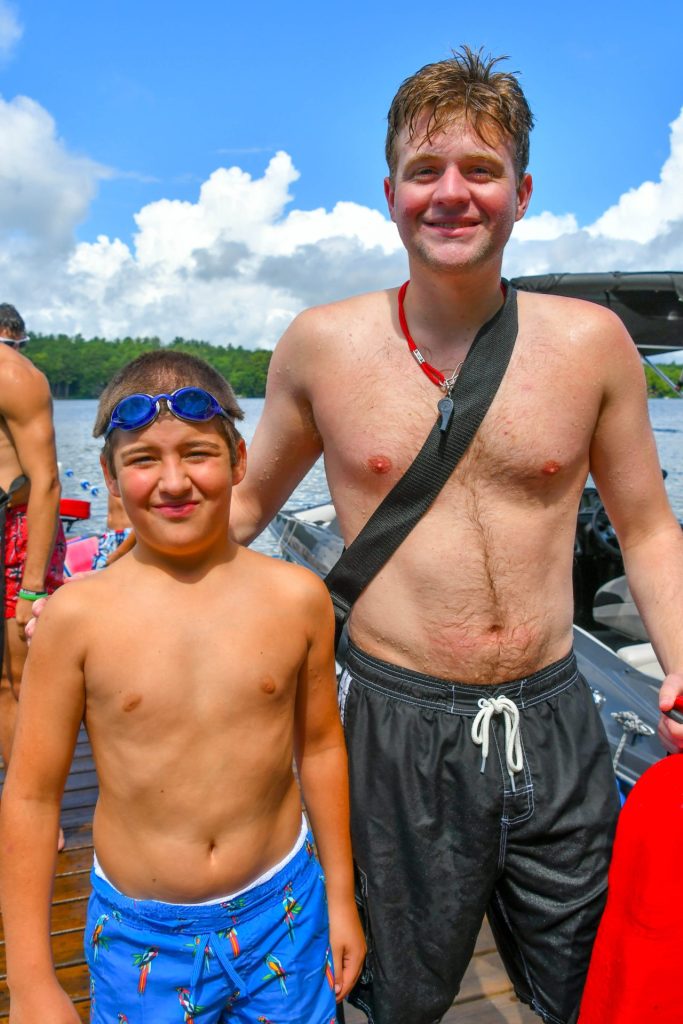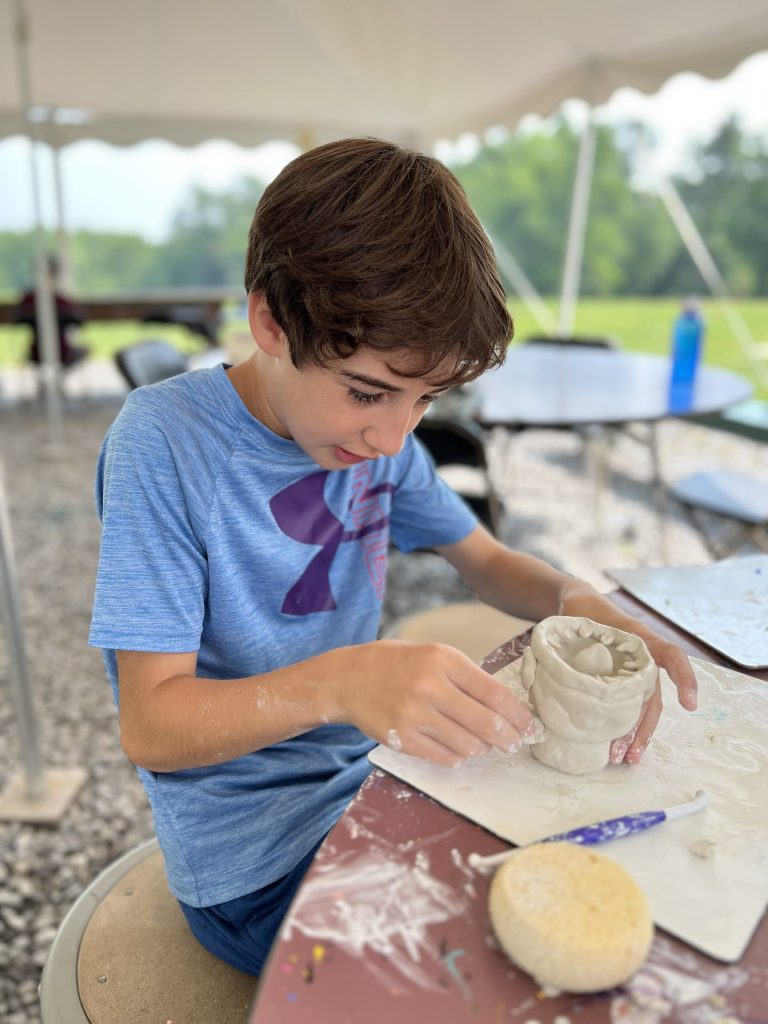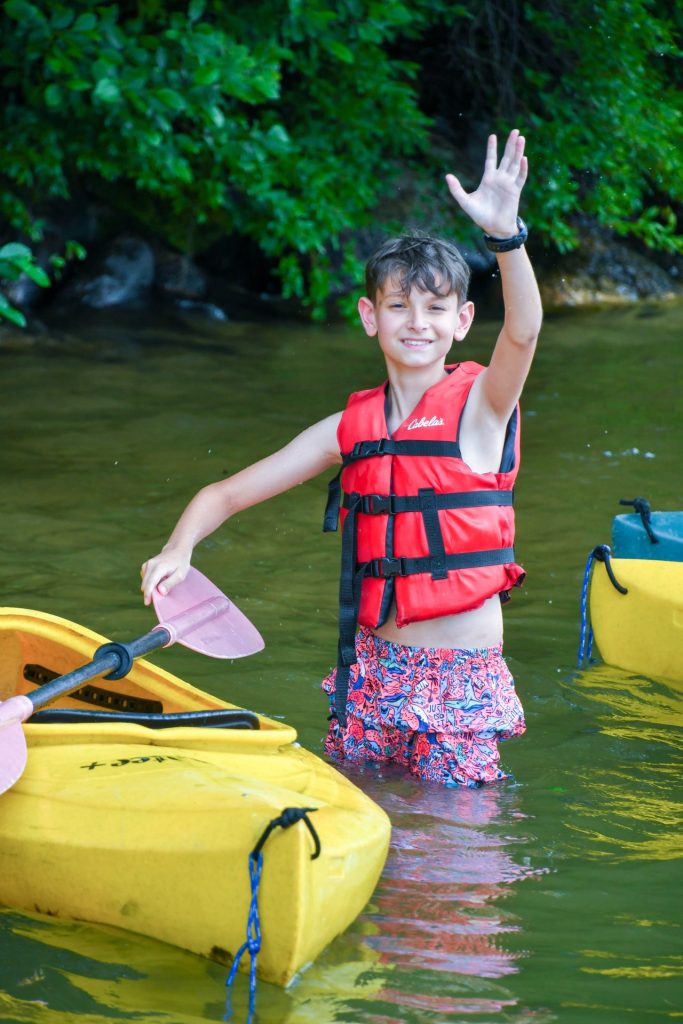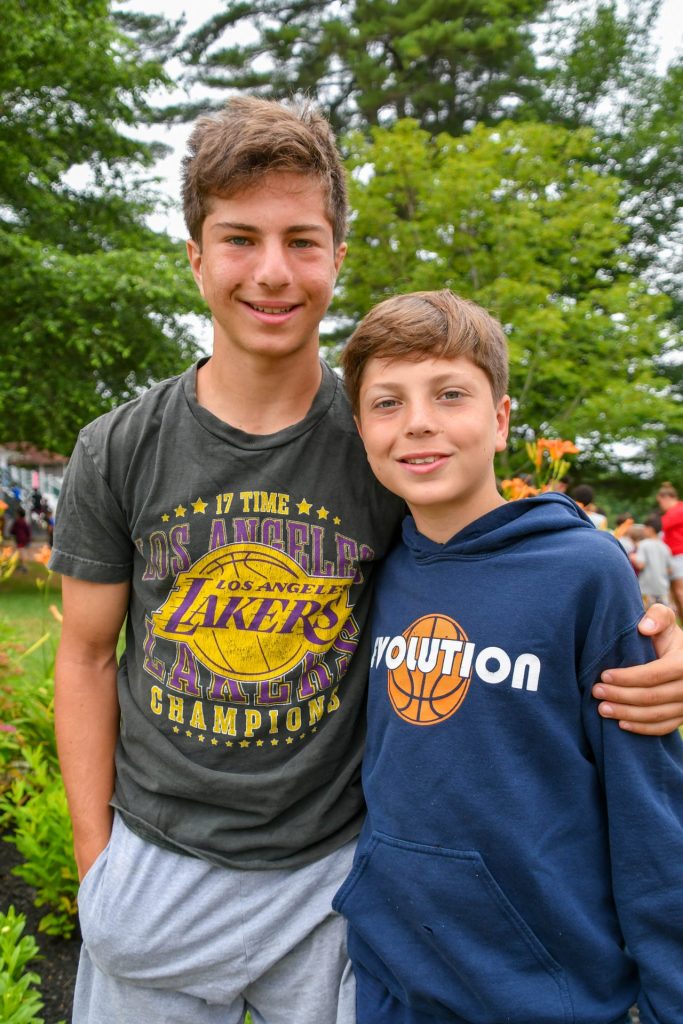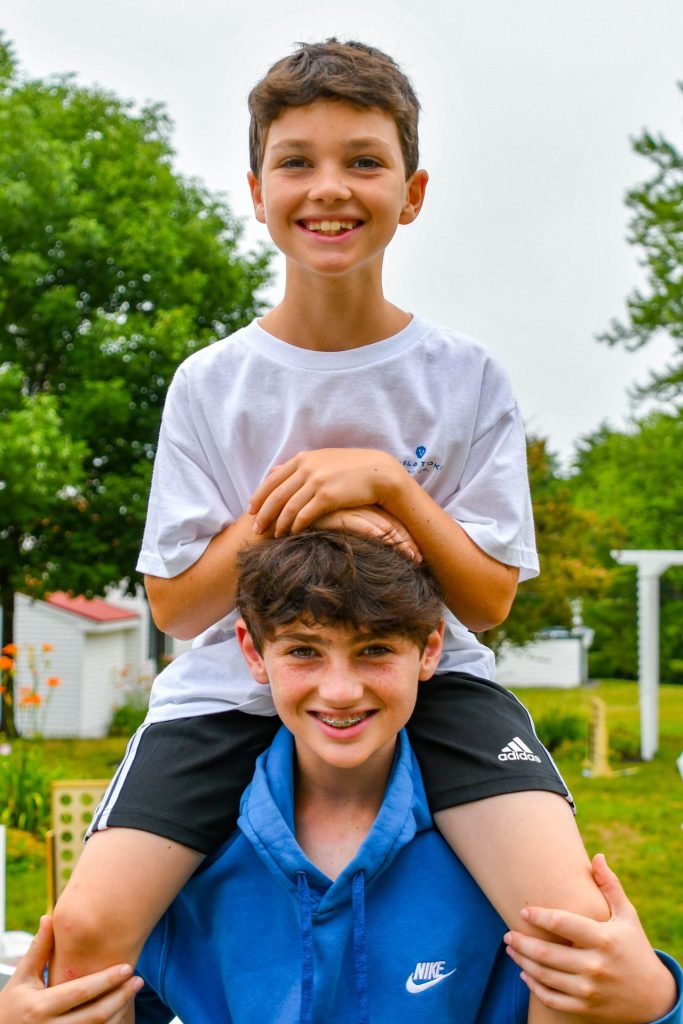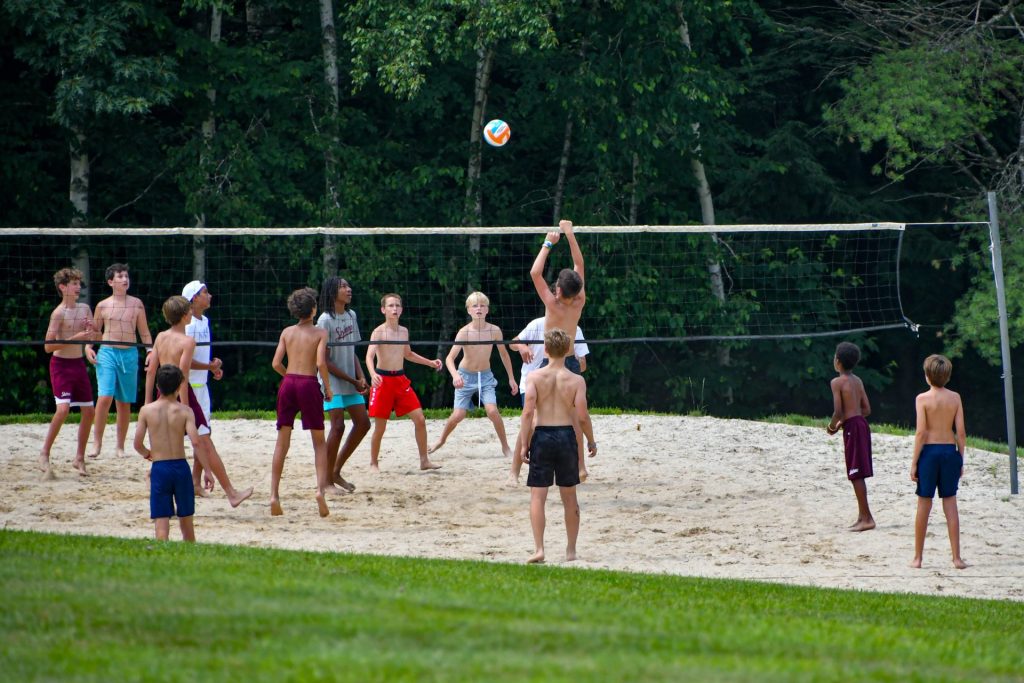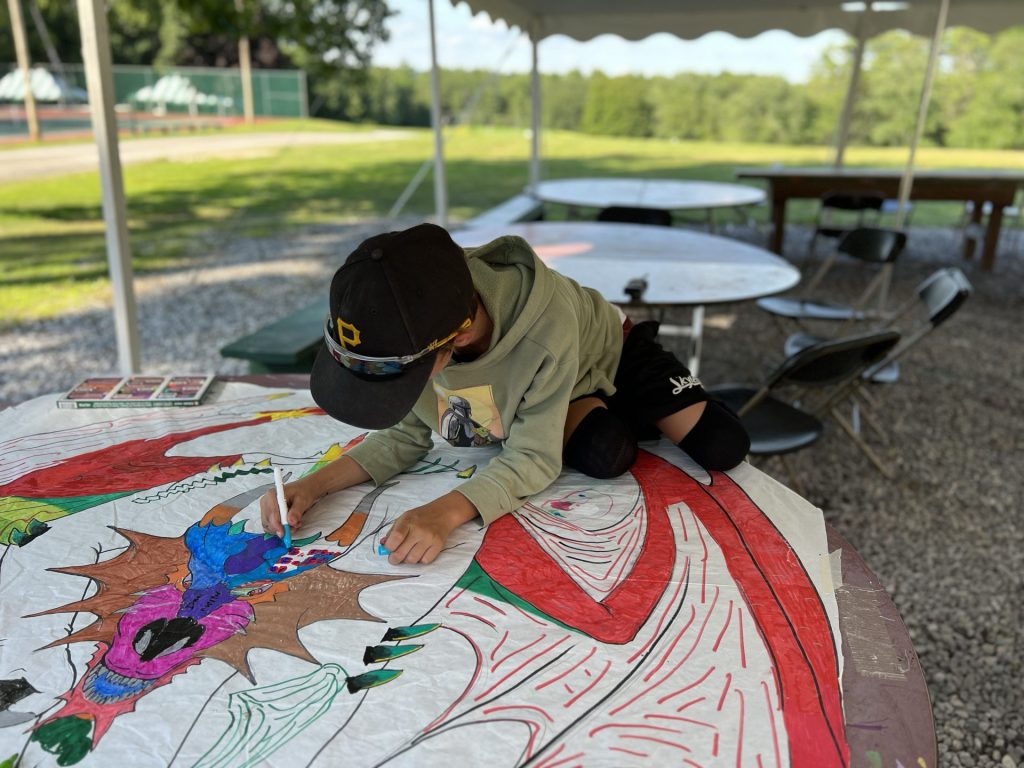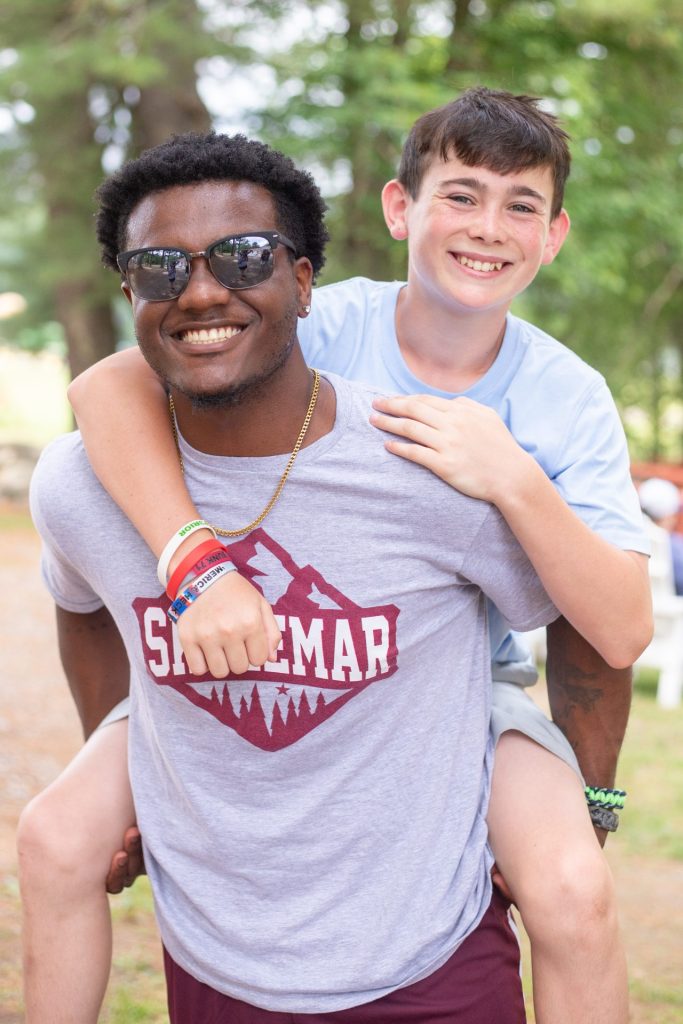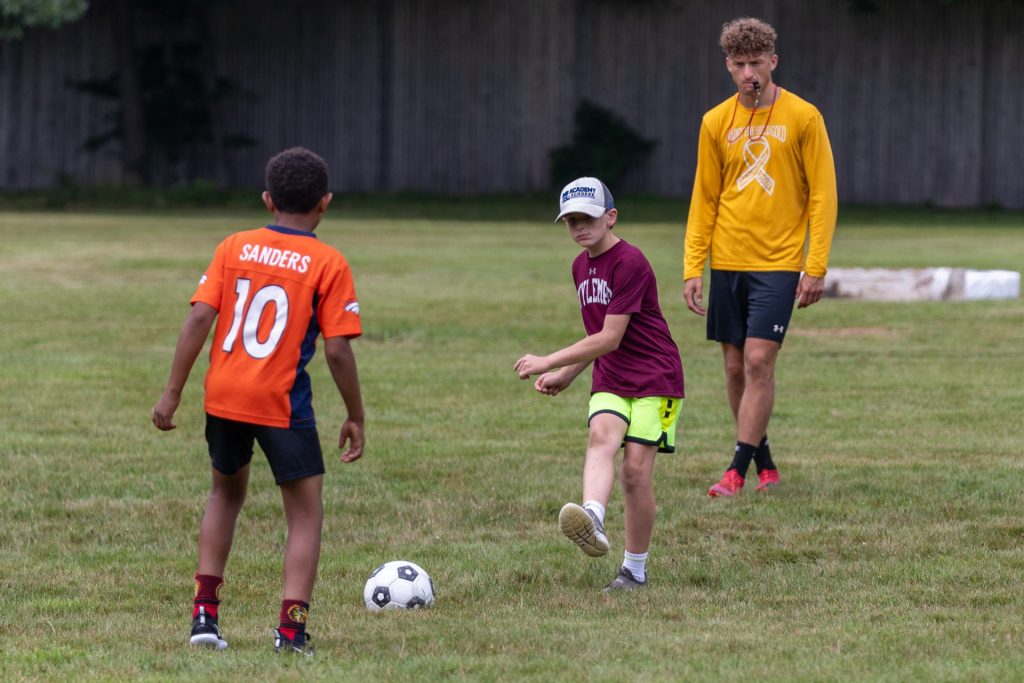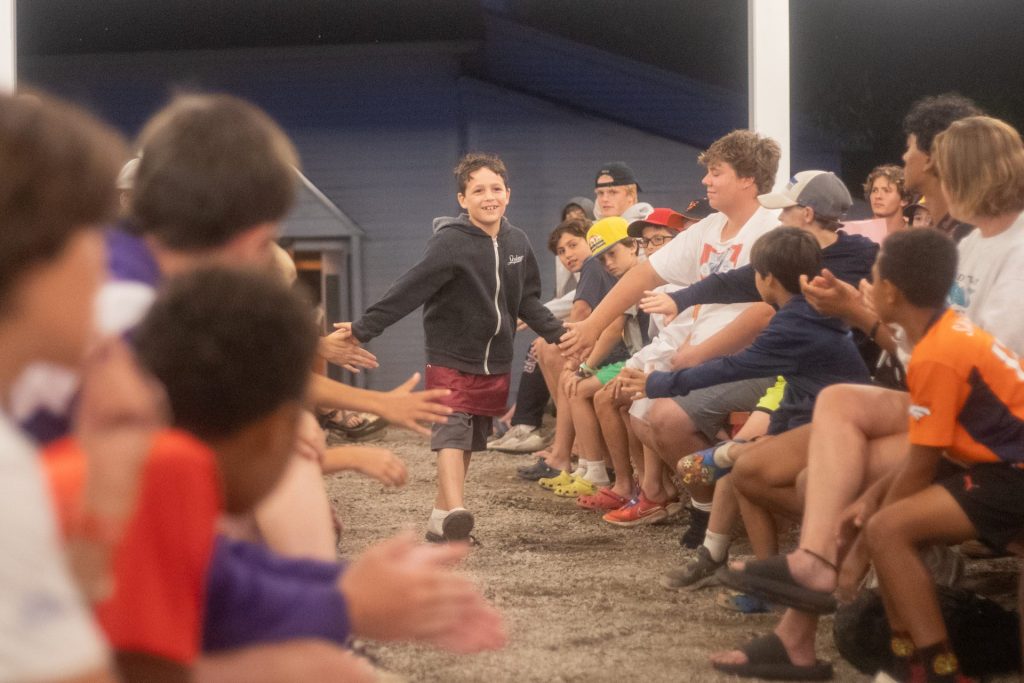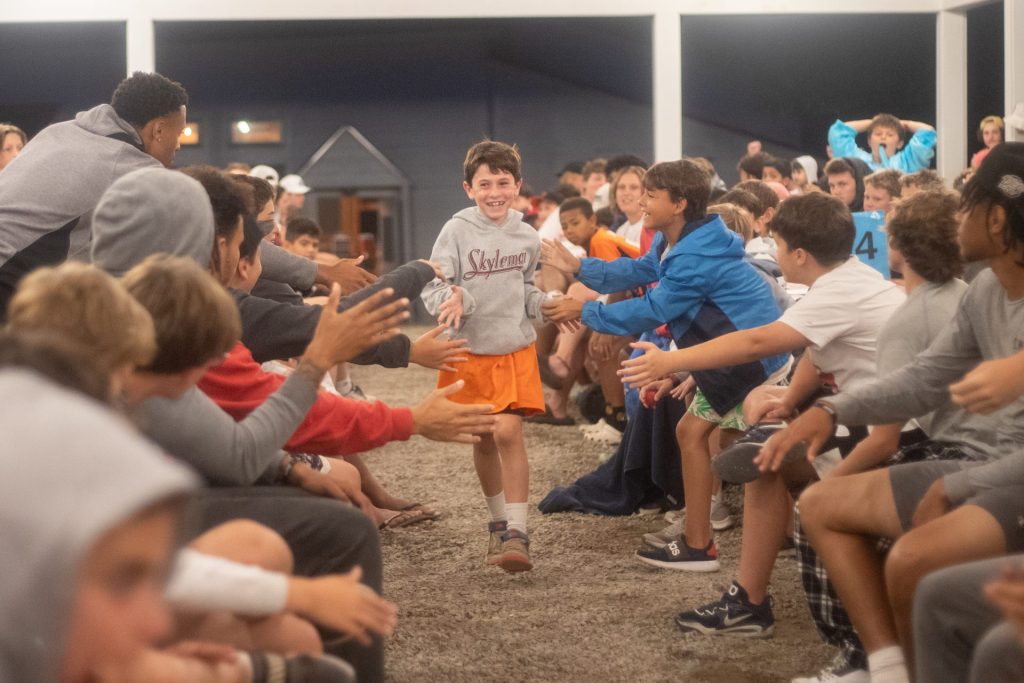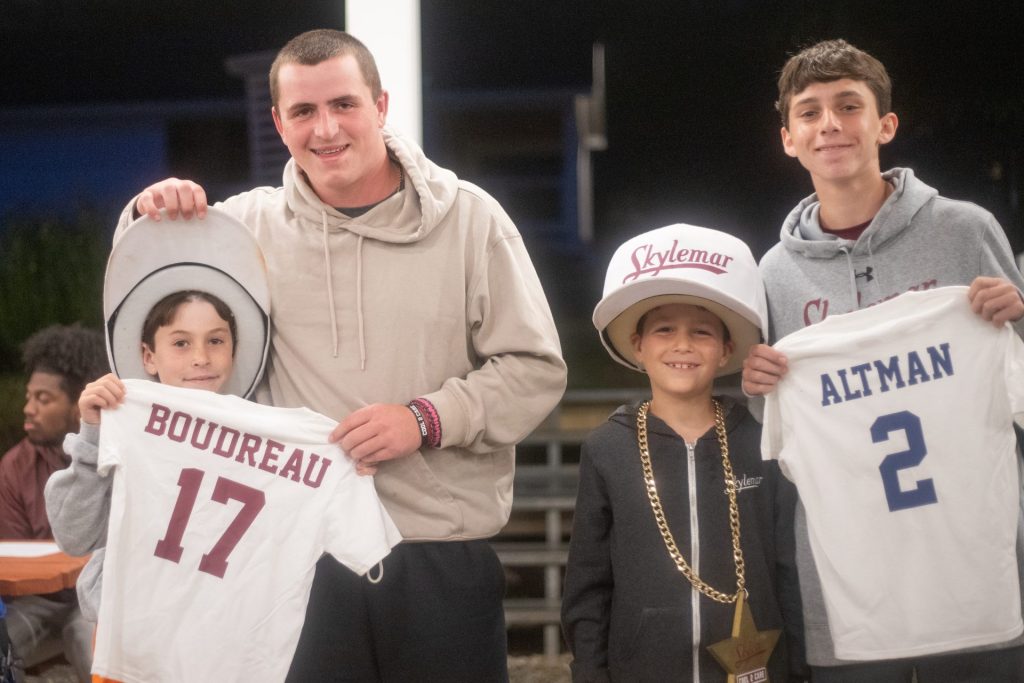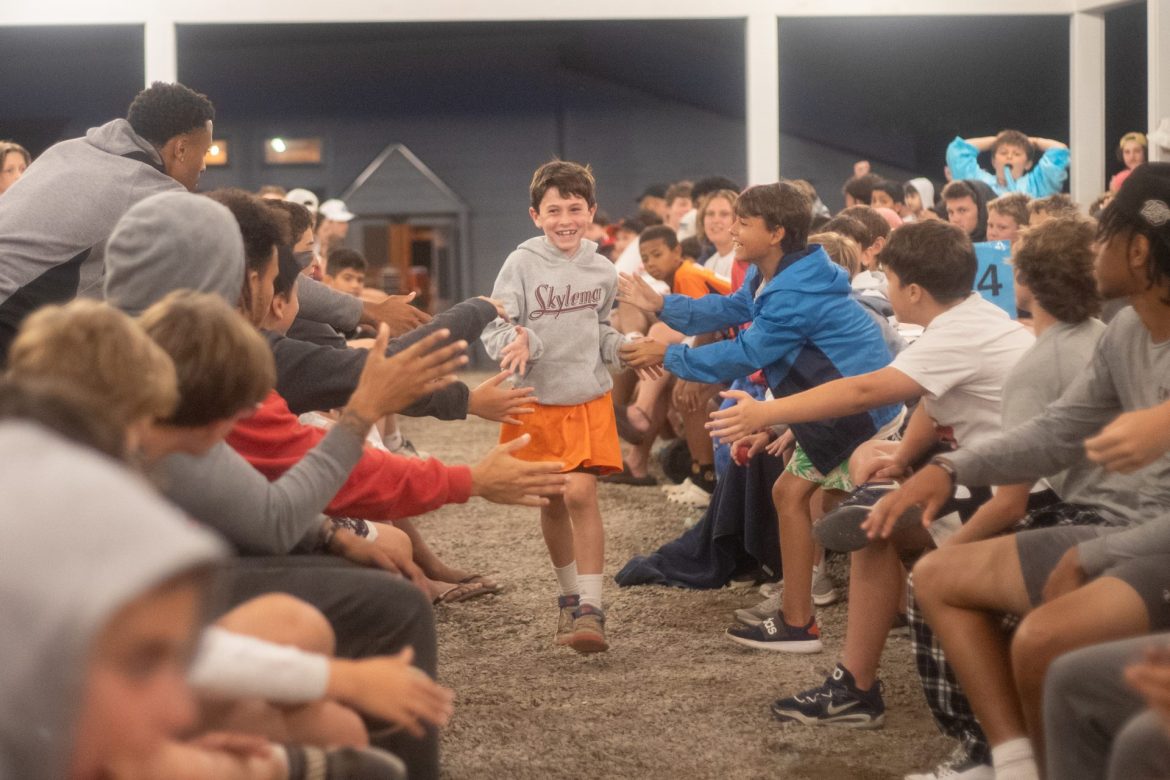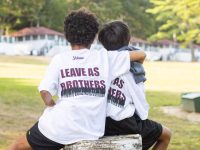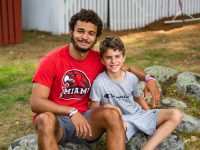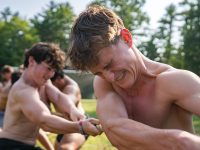A framed quote by the Dalai Lama sits on the office shelf. It reads, “My religion is very simple. My religion is kindness”.
We could say the same about Cool2Care at Skylemar. It’s our guiding principle, almost like a religion.
But here’s the thing. Just like any core value, it doesn’t mean that it’s followed all the time. After all, we’re human.
In any one day at Skylemar there are five hundred examples of kindness and doing the right thing. On the other hand, there are also dozens of times that someone forgets.
“Forgetting” means not being sensitive to the feelings of others... or just plain being not nice. Occasionally it means losing a temper. In order for a child to learn from his mistakes, at Skylemar he’s given the opportunity to fix them.
Taking this a step further…
As humans, there are things we could do, as well as things we should do. Our hope is to instill the value of doing what you should do, as opposed to what you could do.
For example, you could load your plate with food, take a few bites, and throw most of it away. But should you?
Or, if someone is treating another unkindly, you could join in. But should you?
Coulds vs shoulds apply to everyone, not just kids. For example, consider social media. You could post something that’s considered offensive by others. Perhaps it's a negative review about a restaurant you just tried. But should you?
The Sophomore Division had the opportunity to learn about coulds and shoulds today. While on an overnight trip, these 12-year-olds misbehaved in a movie theatre. Of course not every boy was throwing popcorn and not all acted disrespectfully. But the poor behavior was definitely contagious, and the kids did not respond to the counselors correction.
So…Blake had the manager turn off the movie. The boys cleaned the floor. They apologized to the staff. And the rest of the trip was cancelled.
Once back at camp, there was a serious talk with the Division about coulds and shoulds. You could act in a way that embarrasses others. But should you?
From our point of view, we could have had no consequence and just continued on with the trip. But should we have?
In the “fixing” discussion, Shep gave the opportunity for all to speak and tell their side of the story. It was important for those who didn’t act inappropriately to be supported, and they did exactly what the world needs more of -- they spoke up on behalf of what was wrong, and explained how things should have been right.
Those at the meeting who knew that they personally had mistakes to fix were invited to stay for an in-depth conversation. The discussion included the four steps of an apology:
- First, you need to feel sorry about whatever happened.
- Then you need to apologize to all the right people.
- Next you have to do whatever it takes to prove that you’re sorry.
- The final step is to remember the mistake, and never do it again.
In our world, “proving” means to go the extra mile at being your kindest self. Be the one who demonstrates how to do the right thing. Have fun, but put on the brakes for yourself and others. Always remember that shoulds matter more than the coulds.
Tomorrow we trrrryyyyyyy again. We’ll turn the page and start fresh, remembering how much we love these guys. Lots of learning every day. After all, it’s for-real here.





